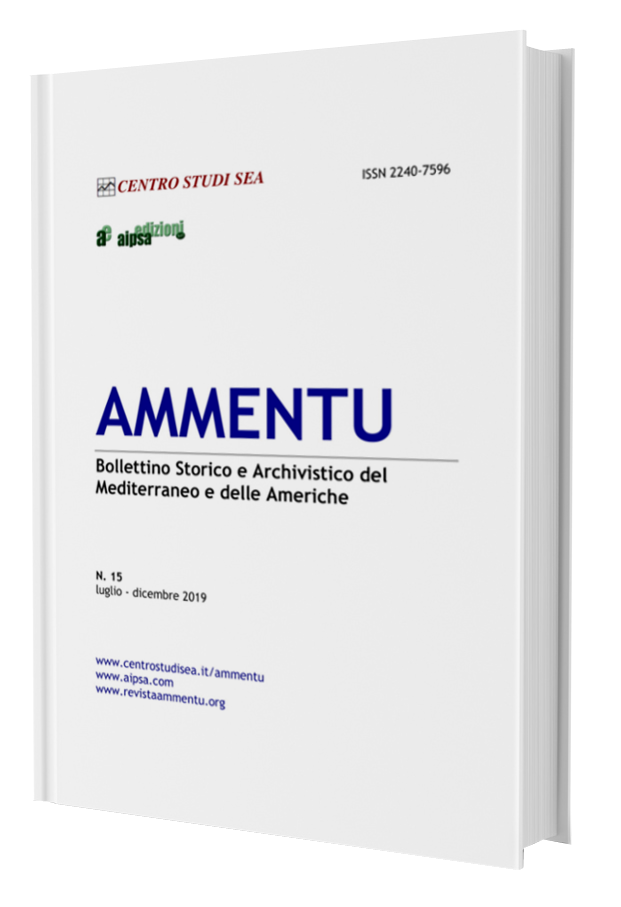Validation of the Scale of risk of violence against the couple for Ecuador
DOI:
https://doi.org/10.19248/ammentu.344Keywords:
violence, aggression, legal and forensic psychology, violent women, psychological violenceAbstract
Introduction. The violence in the couple has always existed, today it manifests itself with the pain of women to suffer a context that prevents them from moving forward, in Ecuador in the area of legal and forensic psychology, an instrument is tried to adapt according to the specific context of the Objective country, validate the scale of risk of violence against the couple for Ecuador. Method, quantitative, prospective, field research, cross-sectional descriptive analytical type, a population of medium socioeconomic status is used, in women of reproductive age with a partner who seek psychological help, their school level in the middle, most they do not have a finished secondary education, 303 women are used as probabilistic population, the items were changed to give equal emphasis to verbal and psychological violence, validated by expert judgment and cronbach's alpha, Result, in the qualification of judges, a Reliability score of 93.6 in the cronbach alpha gets a score of 0.79. Conclusions, in several items it is necessary to specify and separate its parts, to specify the type of violence, and the effect that could cause in the modification, it is necessary to include in this scale demographic data, establish a statistical analysis between its integral parts to interpret psychologically Whatever the etiopathogenic factors, the possible progress of violence, in order to avoid major aggressions, through the protection of women.Downloads
Published
2019-12-30
Issue
Section
DOSSIER - SALUD Y BIENESTAR EN AMBITO LABORAL
License
Note on the copyright
The Copyright Notice below must be included with the journal information and in the metadata for each published article. Although every journal can freely determine the nature and scope of the copyright agreement with its authors, the Public Knowledge Project recommends the use of a Creative Commons license. For these purposes, an example is provided and may be copy and pasted in the space below for those journals that (a) offer open access, (b) offer deferred open access or (c) do not offer open access.









